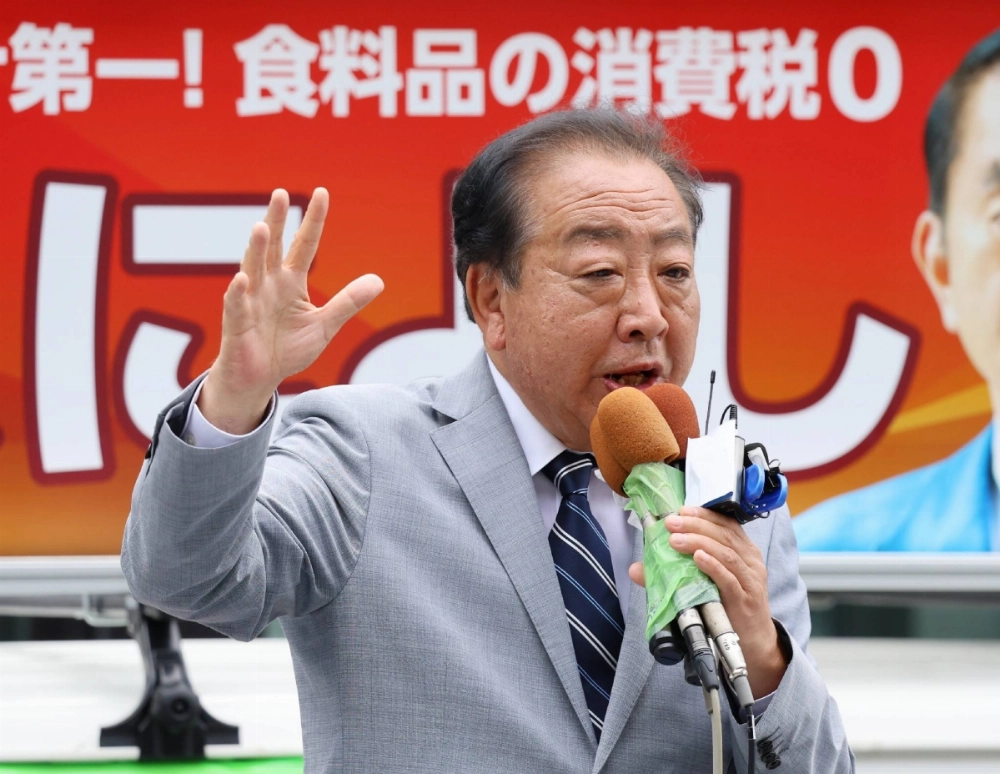The leader of Japan’s largest opposition party has criticized the concept of “Japanese First” policy — advocated by small, right-wing party Sanseito — saying foreign residents are critical to maintaining Japan’s economy and calling for a multicultural society that respects minorities.
Constitutional Democratic Party of Japan leader Yoshihiko Noda made the remarks while campaigning in Sendai and in Ibaraki Prefecture earlier this week ahead of Sunday’s Upper House election.
Noda warned that division and conflict were growing around the world, sowing the seeds of war.


















With your current subscription plan you can comment on stories. However, before writing your first comment, please create a display name in the Profile section of your subscriber account page.